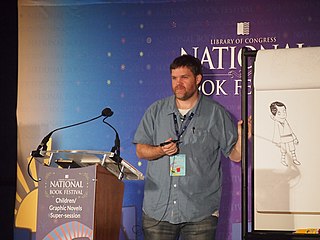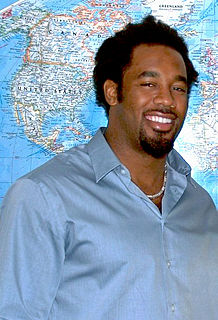A Quote by James Sallis
Mostly what you lose with time, in memory, is the specificity of things, their exact sequence. It all runs together, becomes a watery soup. Portmanteau days, imploded years. Like a bad actor, memory always goes for effect, abjuring motivation, consistency, good sense.
Related Quotes
What is memory but the repository of things doomed to be forgotten, so you must have History. You must have labor to invent History. Being faithful to all that happens to you of significance, recording days, dates, events, names, sights not relying merely upon memory which fades like a Polaroid print where you see the memory fading before your eyes like time itself retreating.
I love Nashville, but I miss the Gulf Coast, the wetlands, and the Delta of Lower Alabama every day. Magnolia Springs is a sweet little town in reality, but, in my heart, it is a kind of mythological oasis. I relive the memory every time I cross the Magnolia River. My memory is probably not accurate, but it's a wonderful memory. So Magnolia Springs lives in my heart as a beautiful, cool, watery place.
But pain may be a gift to us. Remember, after all, that pain is one of the ways we register in memory the things that vanish, that are taken away. We fix them in our minds forever by yearning, by pain, by crying out. Pain, the pain that seems unbearable at the time, is memory's first imprinting step, the cornerstone of the temple we erect inside us in memory of the dead. Pain is part of memory, and memory is a God-given gift.






































